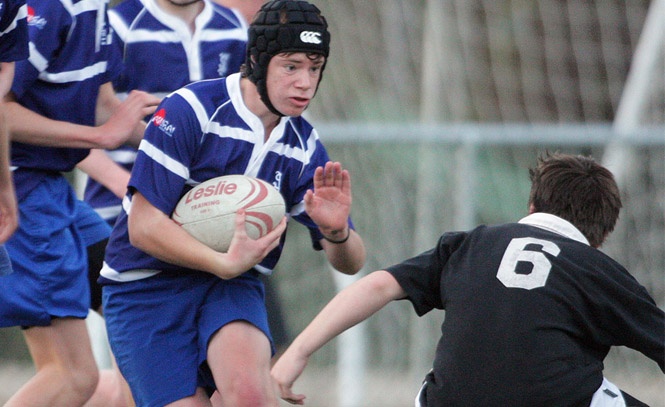- Rugby Toolbox
- The Game
- Teen Rugby
- Teenager
- Teenage Little Black Book
- Solutions or More Problems?
- Introduction
- Research Methodology and Process
- Who are we Dealing With?
- In or Out!
- The Wish List
- The Rugby Player’s Pivotal Milestones
- The Start
- Mates
- Adults and Parents
- The Car Ride Home
- Side Lines
- Coaching
- Guidelines for Communicating with Teens
- Technology and Communication
- Injury
- Winning
- Training
- It’s Not All Doom and Gloom
- Half Game Rule
- In Their Own Words
- Solutions or More Problems?
- Conclusion
- Addendum
Solutions or More Problems?

Finding solutions to teenage drop off isn’t a rugby problem or sport problem – it’s societal, it’s ever changing, it’s a mirror image of the makeup of our country.
Rugby isn’t going to solve this problem on its own either, and we certainly won’t see instant results from the solutions we adopt. A collective long-term effort by all involved is the only way we are going to put a dent in those numbers.
Rugby needs to continue to look at the club to school and school to club links. We lose around 1200 players between primary school and high school and around 1500 players when they leave school.
There is also a big leap from school rugby to unrestricted open weight grades and towns and clubs don’t always have enough teams in the grading system.
We need to get the balance right when it comes to playing in a competition. The weight vs. age restrictions needs to be appropriate for the region. Grading teams by ability from A to E is the polar opposite to what our teens have told us is important to them - which is playing with their mates.
You may have heard the saying ‘operating the sheep gates too early’. This reflects the point when sport starts picking out the best athletes. When is the right time and age? I guess the answer lies in those photos strewn throughout school hallways and clubroom walls.
There needs to be more inter school rugby competition that augments the social aspect rather than competitions being reserved for the highest achievers. More teens getting developmental exposure can’t be a bad thing.
Coaches need to be better qualified and those with limited experience given a ‘blueprint’ and the support and resources necessary to provide a positive environment for all players. Coaches need to set expectations with parents and adults at the start of the season. He or she needs to lay out what they want for the team, go over the team rules and expectations around parent involvement and support.
We need to ensure all players are given the opportunity to develop, be with their mates and play in a safe environment. If a teen is injured, we need to keep them involved.
We need to create an awareness of the impact of parental side-line behaviour on teenagers. Offending parents and spectators are often oblivious to the impact their behaviour has on players, spectators, coaches and referees. Perhaps they’ve seen the news headlines and think by contrast, their behaviour is acceptable.
Lastly, we need trained referees with no affiliation from either team to combat any perceptions of bias and lack of consistency.